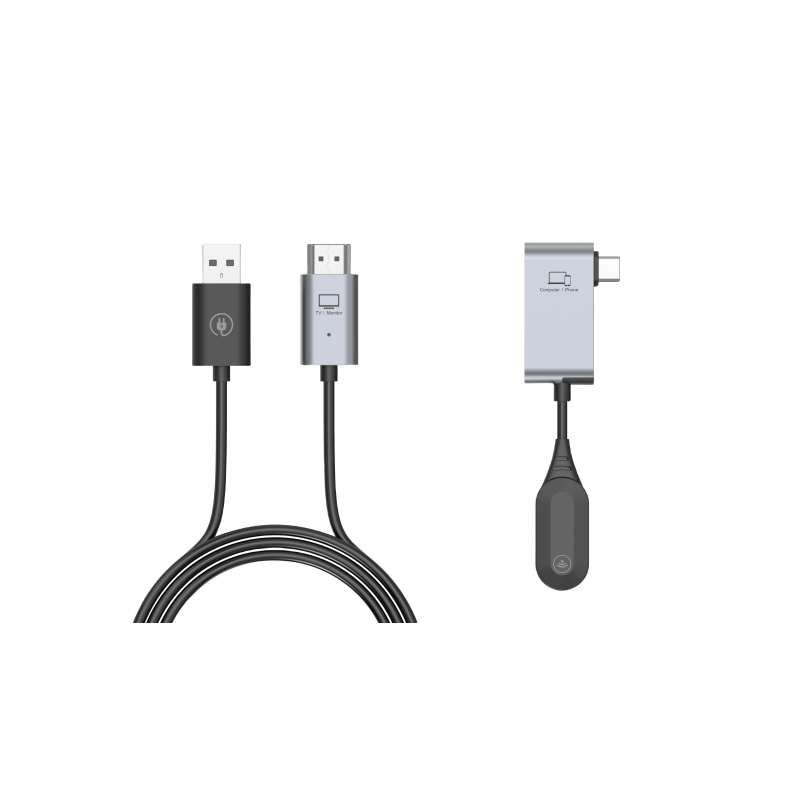
A computer docking station is an external device that allows a laptop or portable device to connect with various peripherals, such as monitors, keyboards, printers, and more. It provides a convenient and organized way to expand the capabilities of a laptop and turn it into a full-fledged desktop computer. With the increasing popularity of laptops and mobile devices, docking stations have become an essential accessory for many professionals and enthusiasts.
Understanding the Role of a Computer Docking Station
A computer docking station serves as a bridge between a laptop and multiple peripherals. It typically offers a wide range of ports, connectors, and slots, enabling users to connect different devices simultaneously. By docking the laptop onto the station, users can access a desktop-like setup, enhancing productivity and efficiency. Docking stations are commonly used in office environments, where users require a larger screen, ergonomic keyboard, and other peripherals to complete their tasks.
Key Features and Connectivity Options
Modern docking stations are designed with a variety of features to meet the needs of different users. Some of the key features include:
- Multiple USB ports: Docking stations often provide multiple USB ports, allowing users to connect external hard drives, smartphones, webcams, and other USB devices.
- Video outputs: Docking stations have video outputs, such as HDMI, DisplayPort, or VGA ports, enabling users to connect one or multiple external monitors for a larger and more immersive display.
- Network connectivity: Many docking stations include an Ethernet port, providing a stable and reliable internet connection for faster data transfer and network access.
- Audio connections: Docking stations often offer audio input and output jacks, allowing users to connect headphones, speakers, or microphones.
- Charging capabilities: Some docking stations have built-in charging capabilities, enabling users to charge their laptops while connected to the station.
These features make docking stations versatile and flexible, making it easy to connect various devices and create a personalized workspace setup.
Benefits and Advantages of Using a Docking Station
The use of a docking station provides several benefits and advantages:
- Enhanced productivity: Docking stations enable users to connect multiple peripherals, facilitating multitasking and increasing overall productivity.
- Improved ergonomics: By connecting a larger monitor, ergonomic keyboard, and mouse, docking stations help improve the user's posture and reduce strain on the body during extended hours of work.
- Convenience and mobility: Docking stations allow users to quickly dock and undock their laptops, providing the flexibility to work on the go and effortlessly transition between office and home setups.
- Cost-effective solution: Instead of investing in a separate desktop computer and peripherals, a docking station allows users to utilize their existing laptop and connect it to a desktop-like setup whenever needed.
In summary, a computer docking station expands the capabilities of a laptop by providing various connectivity options and features. It serves as a convenient and cost-effective solution for users who require a versatile and flexible workspace.



